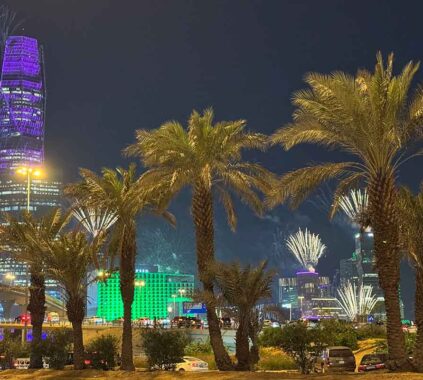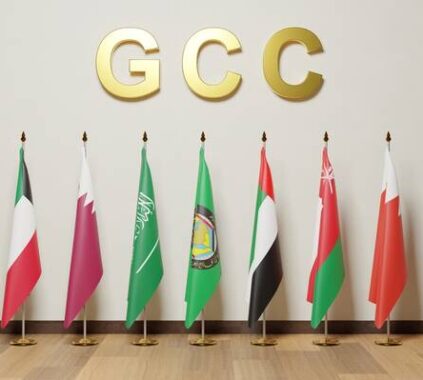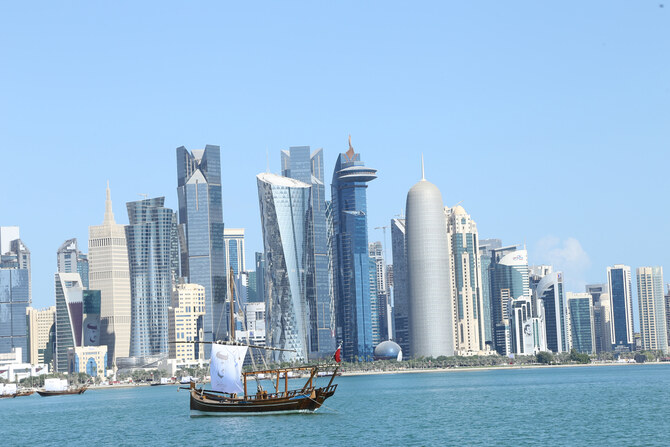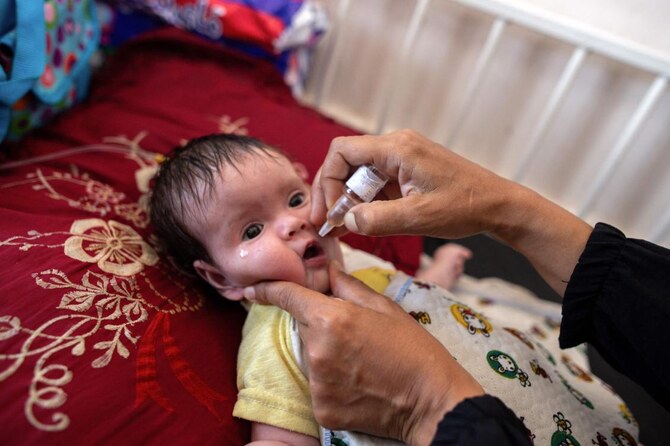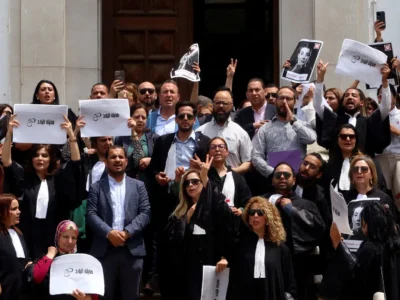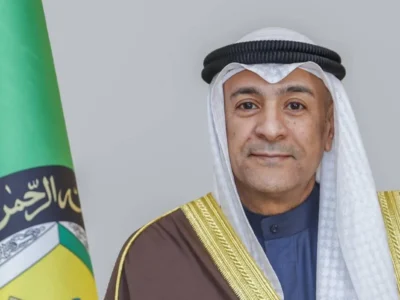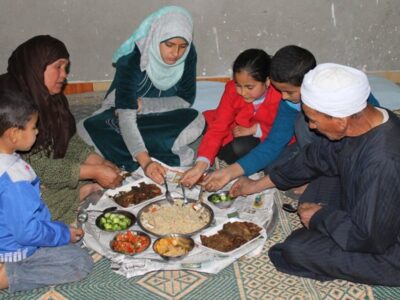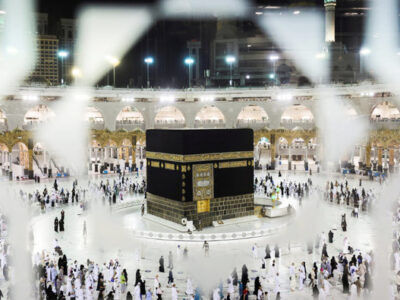Iftar as the holy month of Ramadan approaches in 2024, Saudi Arabia’s Prince Mohammad Bin Salman has issued a series of orders aimed at reshaping the observance of the sacred occasion. Among these directives is a notable ban on iftar gatherings within mosque premises, sparking discussions and concerns within the community.
Iftar Ban and Ministry’s Instructions:
Prince Mohammad Bin Salman’s order, communicated through the Ministry of Islamic Affairs, is set to redefine the traditional iftar experience. The ban specifically targets the practice of organizing iftar feasts inside mosques, citing concerns about cleanliness. In a move to maintain hygiene standards, the Ministry has instructed imams and muezzins to oversee iftar arrangements in mosques’ courtyards without the use of temporary structures.
Financial Donations and Imams’ Role:
A significant aspect of the directive involves restricting imams and muezzins from collecting financial donations for iftar projects. This measure aims to streamline the process and reduce financial transactions within religious spaces. The notice emphasizes the responsibility of imams and muezzins to ensure the smooth organization of iftar gatherings, with the added obligation for attendees to promptly clean the designated areas.
Social Media Restrictions and Privacy Concerns:
In a bid to uphold the sanctity of mosque spaces, the Ministry discourages the use of cameras inside premises during prayer times. This prohibition extends to recording imams and worshippers, highlighting concerns about privacy and the potential disruption of worshippers’ reverence. Additionally, the directive prohibits the broadcast of prayers on any form of media, including social media platforms, reinforcing a commitment to maintaining the sacredness of religious rituals.
Officials’ Responsibilities and Punctuality:
Acknowledging the significance of Ramadan, the Ministry’s instructions extend beyond the congregation. Officials are urged to prioritize their responsibilities during this crucial period, emphasizing the importance of punctuality. This directive aims to ensure the seamless functioning of administrative and organizational aspects during the month of Ramadan.
Conclusion:
As Saudi Arabia prepares for Ramadan in 2024, the directives from Prince Mohammad Bin Salman reflect a strategic effort to enhance the observance of this sacred month. The ban on iftar gatherings within mosque premises, coupled with measures to uphold cleanliness, financial transparency, and privacy, signals a commitment to redefining traditional practices in alignment with contemporary values. These directives not only shape the experience of Ramadan in Saudi Arabia but also prompt reflection on the intersection of religious traditions and evolving societal norms.
Also Read
“Saudi Arabia Advances, Oman Secures Semifinal Berth: Excitement Builds in Tournament”
“From Wi-Fi to Li-Fi: New Devices Offer Internet Connectivity via Light”















